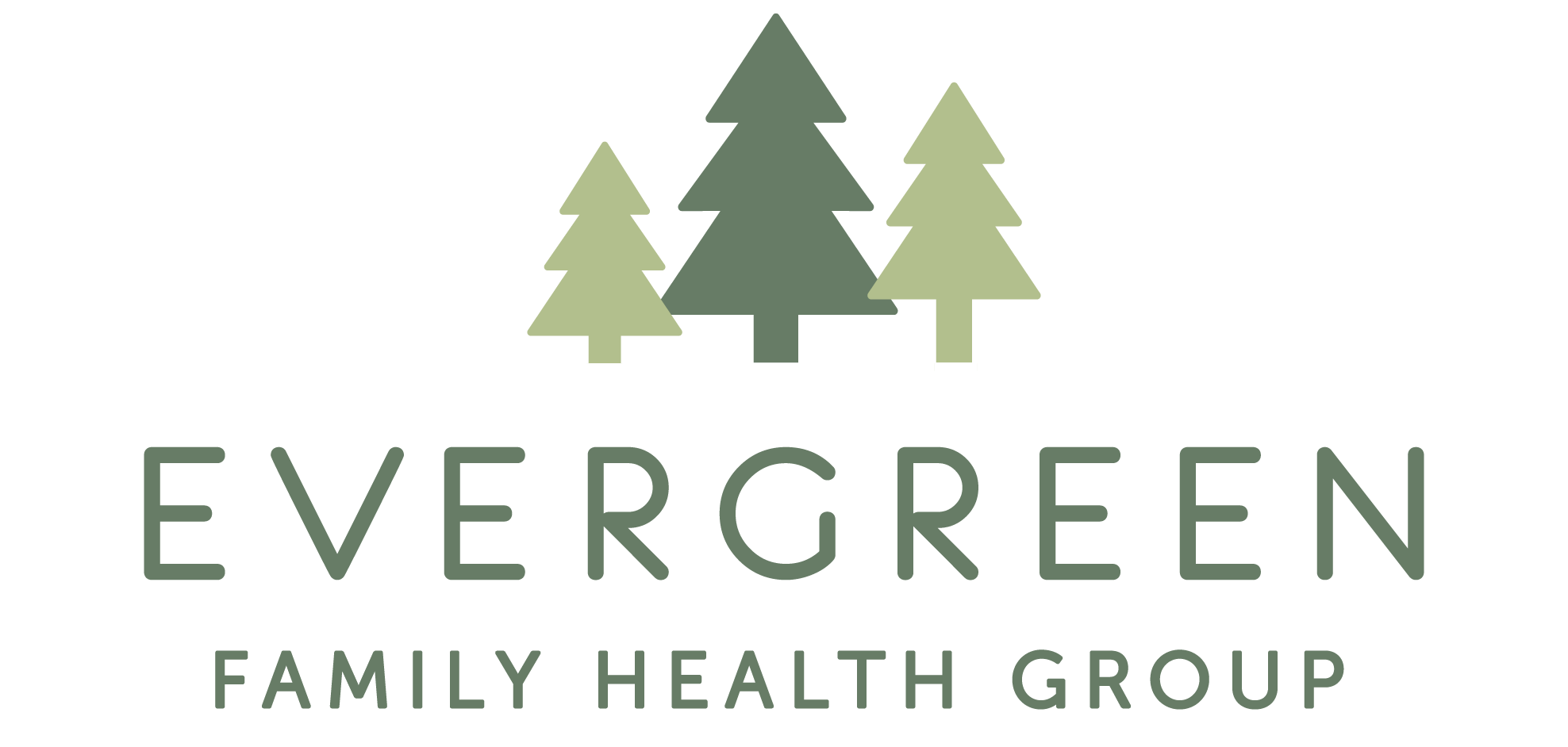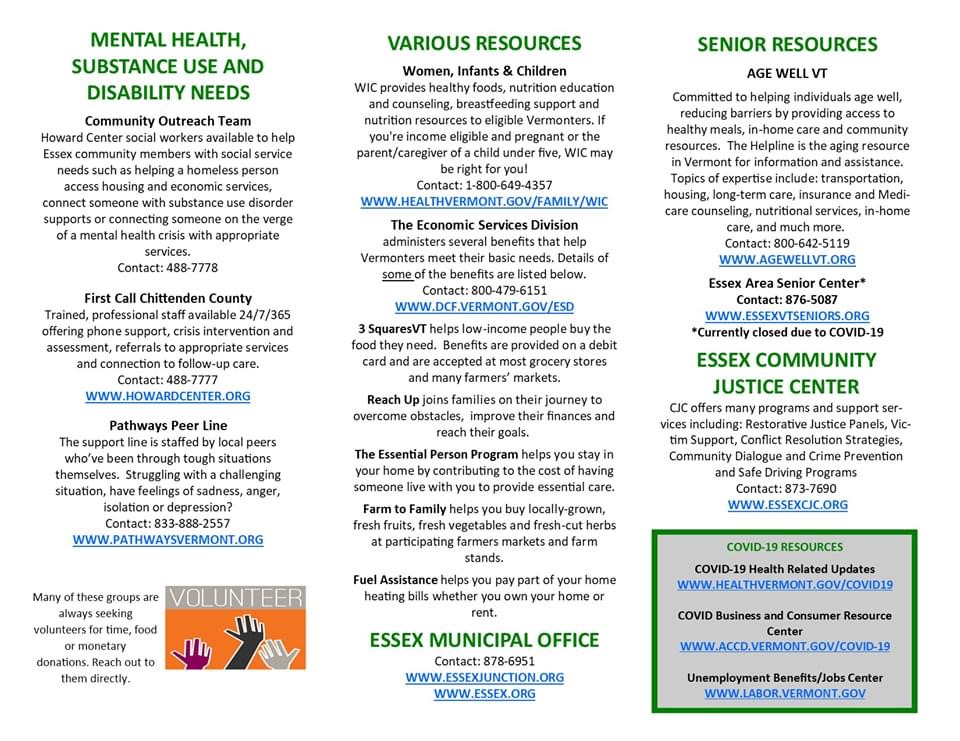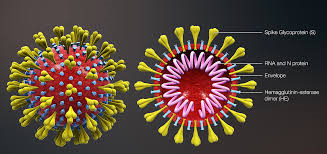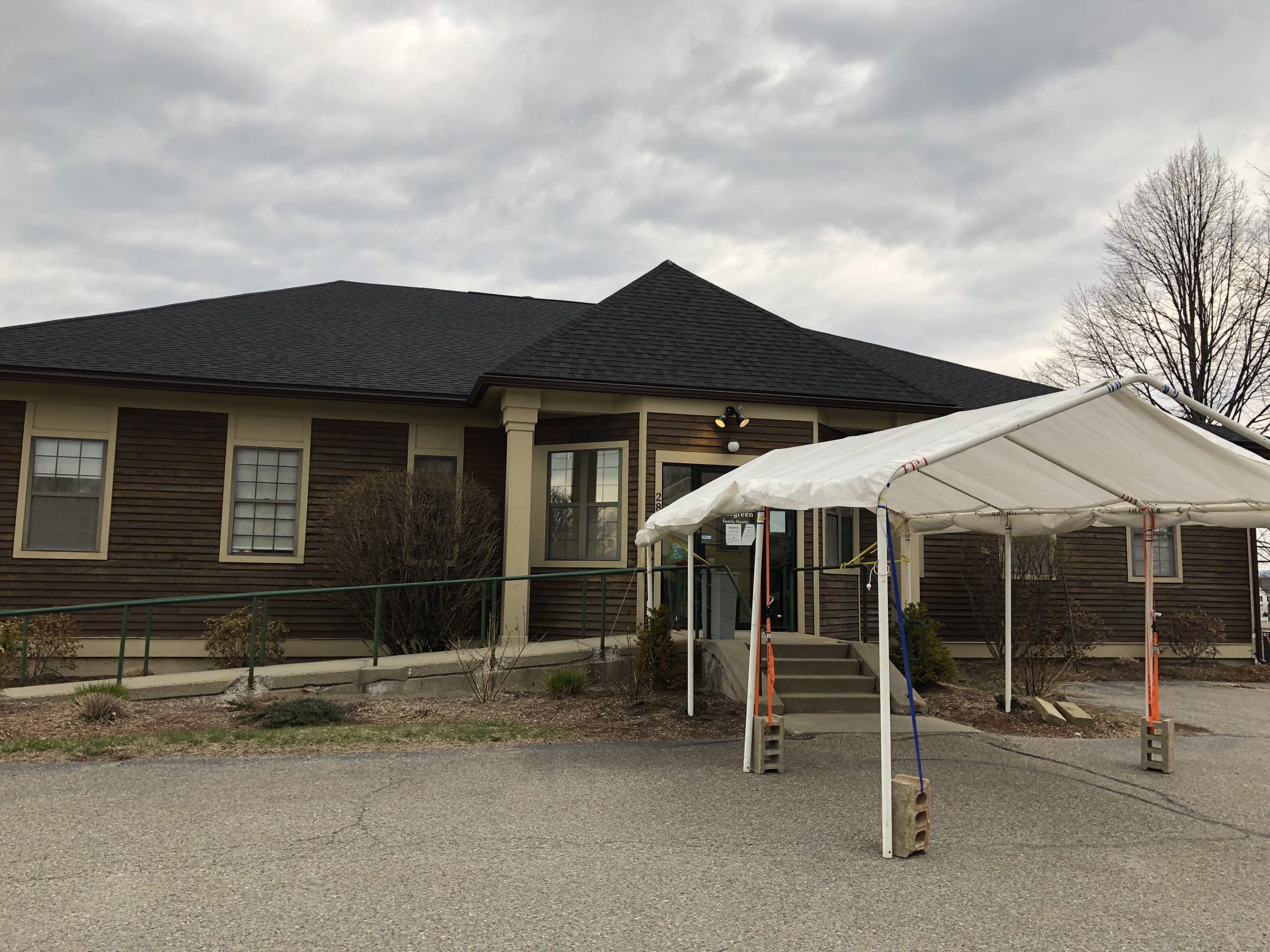Author: Jan Ferris
Community Resources
Community Resources
Blood testing for Covid immunity
COVID-19 Antibody Testing and Immunity – Burlington, VT – University of Vermont Health Network

Posted June 5, 2020 by UVM Health Network
There has been much discussion in the media on the use of serology (antibody) testing in combating the COVID-19 pandemic. Some of this information is misleading, setting unrealistic expectations on how we could use testing to re-open the economy, or identify a person’s COVID-19 immunity status. To debunk some of the myths surrounding this test, and to better explain why we are restricting the use of this test in our patient community, we are providing you with realistic expectations on the use and limitations of COVID-19 serology testing.
What is serologic (antibody) testing?
When you get sick with a virus, your immune system produces antibodies to that virus. It is your body’s way of protecting you and preventing future infections from the same virus, bacteria or parasite. Medical professionals use serologic testing to detect the presence of antibodies from COVID-19 telling them whether you had COVID-19 at some point. However, this type of serologic test is not able to detect an active virus – only an infection that happened in the past.
Does a serology (antibody) test tell me if I am immune to COVID-19?
Many think that a positive antibody test to COVID-19 suggests immunity or protection from future infection by the virus. Unfortunately, it is too early in our knowledge of COVID-19 to know if antibodies are protective, how long they last, or how they impact your ability to infect others. Early data suggests that the development and the effectiveness of antibodies may depend on age, overall health, and severity of COVID-19 related illness.
Why is UVM Health Network restricting serology (antibody) testing?
We are restricting this test with our patients because the test does not provide clear or accurate information about your body’s immunity to COVID-19 and does not provide us with information to guide your behaviors or inform your choices during this pandemic. This test has limited clinical utility at this time as given in our recommendations below.
Our recommendations are as follows:
- Do not use antibody testing to acutely diagnose COVID-19 infection.
- Do not use antibody testing results to determine a person’s COVID-19 immunity status, return-to-work decisions, use of masks or other personal protective equipment, or safety of vulnerable persons to go into public.
- A positive antibody test only tells you that you were infected with COVID-19 in the past.
- Antibody testing is useful for understanding how many people COVID-19 has infected. It’s also useful for identifying children presenting with Pediatric Multi-System Inflammatory Syndrome associated with COVID-19 (MIS-C) and evaluating convalescent plasma donors.
- Interpret antibody testing results with an awareness of the prevalence of COVID-19 in your community and the false positive rate of any given test.
We are all eager to develop a solution to this pandemic, but serology testing is not our silver bullet. Instead, we need to continue to practice safe and healthy behaviors like social distancing, handwashing, and mask-wearing as our communities slowly reopen. Our behaviors will determine our ability to return to a sense of normalcy. Stay the course, stay informed, and most importantly, stay safe.
Clayton Wilburn, MD, DABCC, is the director of Clinical Chemistry, Immunology, and Point-of-Care Testing in the Department of Pathology & Laboratory Medicine at the University of Vermont Medical Center and Assistant Professor of Pathology and Laboratory Medicine at UVM Larner College of Medicine.
RESUMPTION OF IN-PERSON, IN-OFFICE VISITS
Just as the state of Vermont is slowly lifting restrictions, our three offices are gradually returning to in-office visits under careful guidelines.
If you have a pre-scheduled appointment, you can expect a phone call in advance to discuss whether this will be a telehealth visit or an in-person/in-office visit. Your provider will be determining how best to conduct your visit, taking into consideration your health history.
If you call for a same day visit, it may be automatically scheduled as a telehealth visit or an in-person visit, or you may receive a call back from a nurse to determine which type of visit is best for you.
Your health and safety is our biggest concern. We are taking every precaution when bringing patients into the office and we are currently not seeing people in person with acute respiratory illness or other suspicion for Covid-19.
NOT YET ABLE TO TEST FOR IMMUNITY
We are not yet able to test blood for immunity to Covid-19. Please note, we ARE still able to perform nasal swab testing for the presence of covid-19 virus active disease. Once a blood test is available for testing for immunity, our website will be updated with more information.
Parking lot medicine
We remain hopeful and committed to serving you during this challenging time. There is much yet unknown, but we anticipate a transition period between our current telehealth medicine and seeing you in person again with all our usual services. The tent pictured here, along with a second one in the lower parking lot, may serve as a bridge for drive-up blood testing, limited examinations, and Covid testing as needed.
What you should know if your Covid-19 test is POSITIVE
Positive COVID Patient Instructions
Most COVID-19 positive patients can be managed at home. There are guidelines to follow to decrease the chances of spreading the disease to those in your household. Recommendations include:
· Do not leave your home except to obtain necessary medical care that cannot be postponed. Do not visit public areas
· If you have a necessary medical appt or need to go to the Emergency Department, call ahead and tell them you have tested positive for COVID-19.
· No persons other that your family unit (those with whom you live) should be allowed in the house
· The patient should be isolated in a well-ventilated room
· The patient should have access to their own bathroom, if available
· Limit the movement of the patient in the house, avoid the kitchen and sharing food/kitchen items as much as possible
· Keep other household members at a distance of at least 3 feet
· The patient and household members should perform strict hand hygiene, washing as often as possible
· The patient should wear a medical mask as often as possible.
· The patient’s clothes and bedding should be washed in hot water
· Limit contact with household pets as they could possibly act as a vector of transmission
Household members should remain in the house/property as well given their exposure to the COVID + patient, and call their PCP office to alert of infected household member.
We recommend notifying anyone that you have had close contact with in the past 5 days that you have tested positive. Those persons should remain quarantined themselves and call their PCP.
At this time there is no approved treatment for the virus itself. Treatment is only directed at individual symptoms.
Isolation should continue for a period of 14 days AFTER symptoms have resolved, as per the World Health Organization. https://www.who.int/publications-detail/home-care-for-patients-with-suspected-novel-coronavirus-(ncov)-infection-presenting-with-mild-symptoms-and-management-of-contacts
What you should know if your Covid-19 test is NEGATIVE
Patient with a Negative COVID Test, but with Ongoing Symptoms– Patient Instructions
Even though your test was negative for COVID-19, you should follow certain guidelines. The test is not 100% accurate and there exists a small chance that the test result was wrong. Recommendations include:
· Do not leave your home except to obtain necessary medical care that cannot be postponed. Do not visit public areas
· If you have a necessary medical appt call the office first and discuss your symptoms and your negative test.
· No persons other that your family unit (those with whom you live) should be allowed in the house, which also matches with current social distancing guidelines.
· The patient should be isolated in a well-ventilated room
· The patient should have access to their own bathroom, if available
· Limit the movement of the patient in the house, avoid the kitchen and sharing food/kitchen items as much as possible
· Keep other household members at a distance of at least 3 feet
· The patient and household members should perform strict hand hygiene, washing as often as possible
· The patient should wear a medical mask as often as possible, especially if going into rooms shared with others.
· The patient’s clothes and bedding should be washed in hot water
· Don’t touch household pets as they could possibly carry the virus to others
· Household members should remain in the house/property as well given their exposure to a symptomatic person.
We feel that patients should follow the above guidelines for at least 3 days after symptoms have completely resolved, and strongly urge patients to increase that towards 14 days.
With any questions please call Evergreen Family Health at 802-878-1008





